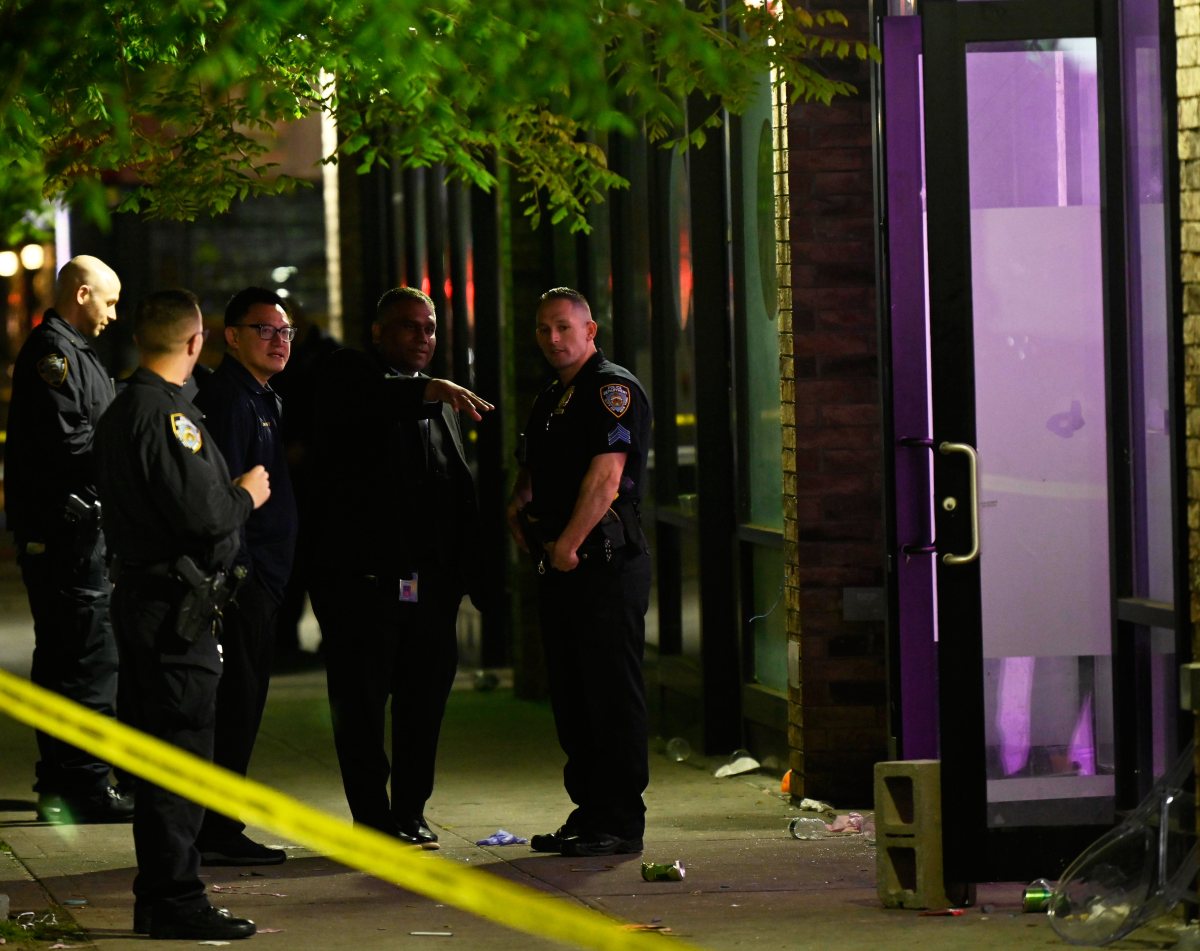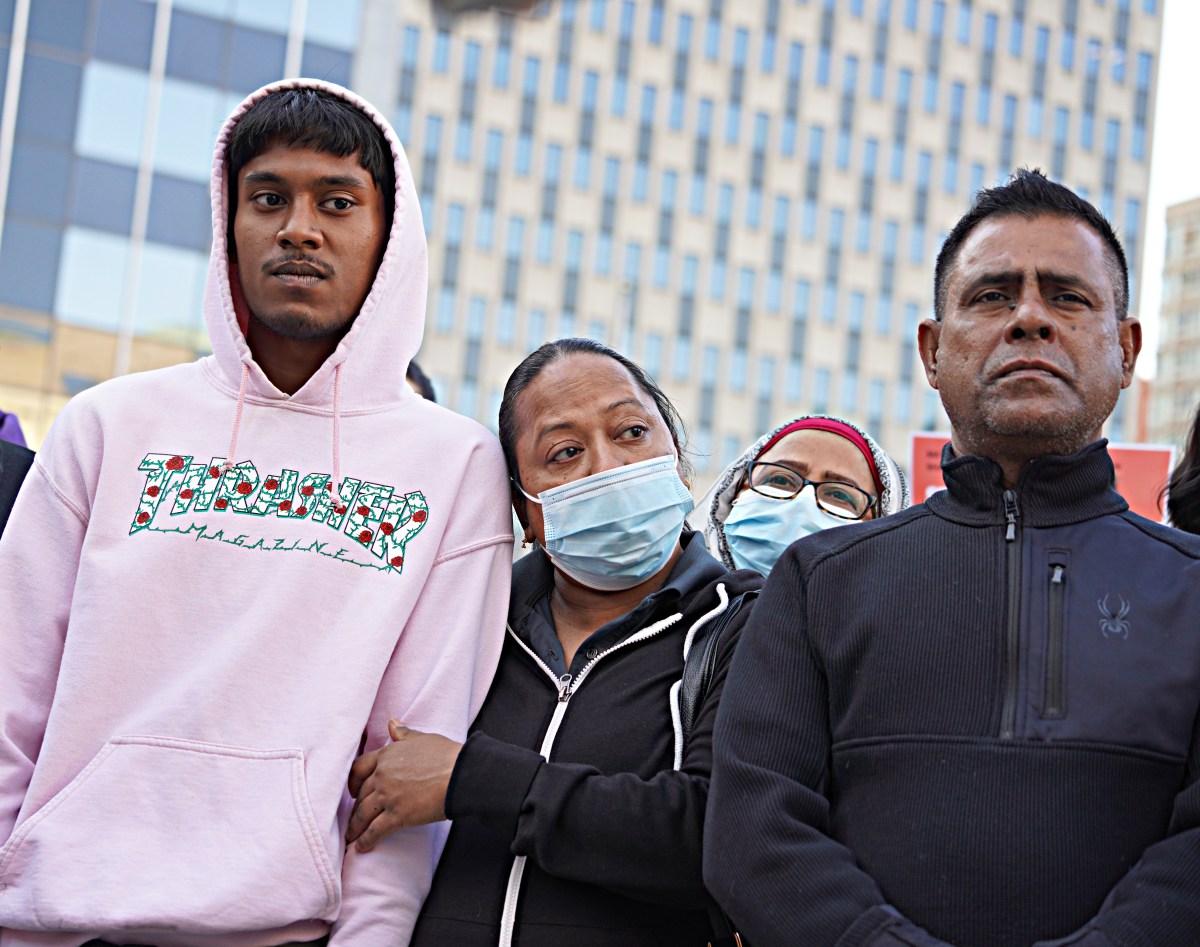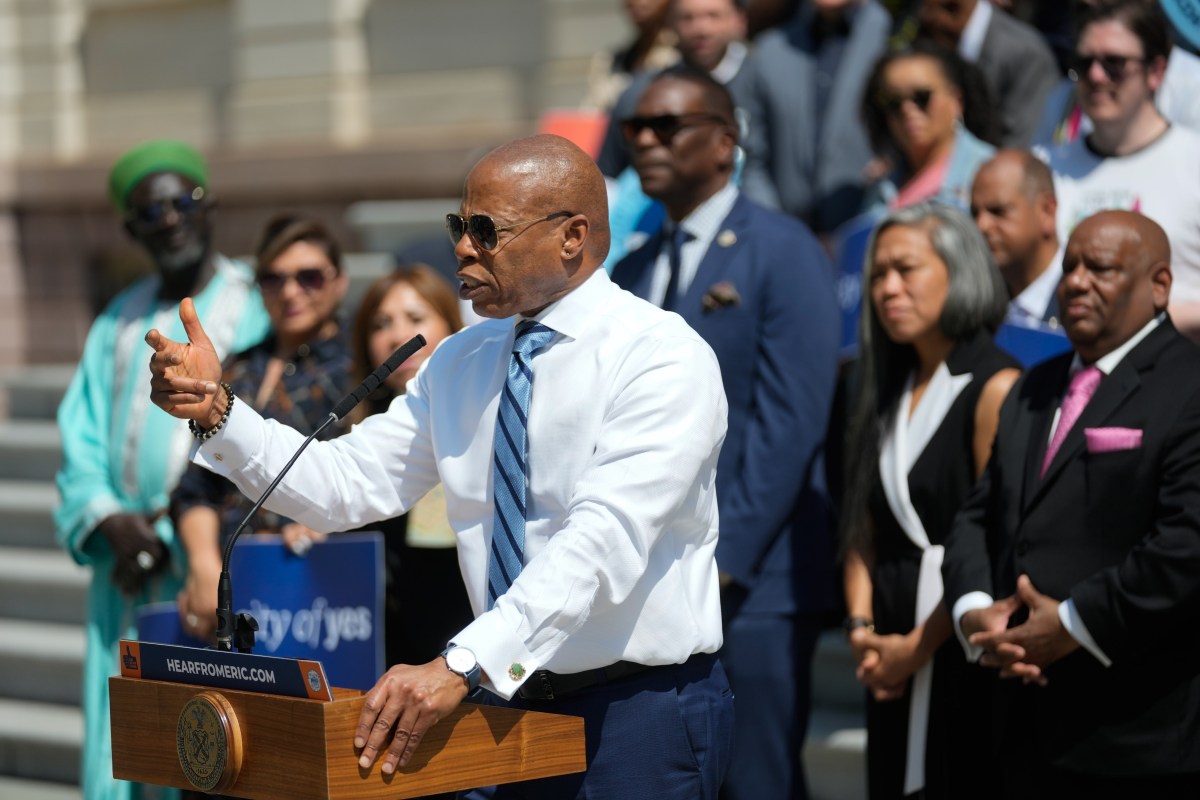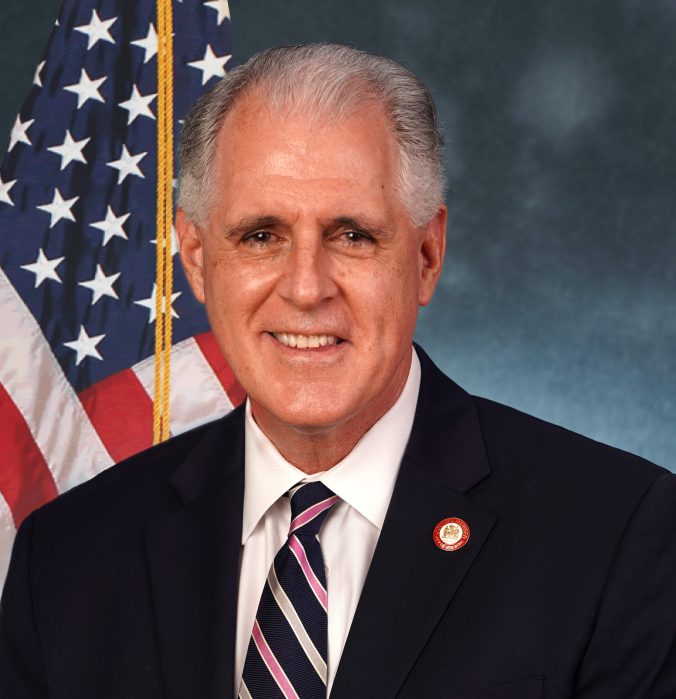By Rory Lancman
In the first six months of 2017, the NYPD stopped New Yorkers more than 30,000 times for jumping a turnstile. Of those who were stopped, nearly three-quarters were issued a civil summons for violating the MTA rules against fare evasion.
A civil summons is similar to a parking ticket — it allows the city to hold an individual accountable for breaking the rules without rising to the level of a criminal charge.
However, during that same period, more than 8,600 individuals were arrested for “theft of services,” a misdemeanor offense under state penal law. The consequences of an arrest for fare evasion are potentially significant: a criminal record, time on Rikers Island, or deportation for even legal immigrants. No one who fails to feed the meter at a parking spot risks that kind of consequence.
But it is clear who the NYPD is arresting for fare evasion: people of color and immigrants. Nearly 90 percent of those arrested for fare evasion so far in 2017 are either black or Latino. This vast racial disparity is not new. In the last three years, blacks and Latinos have made up more than 85 percent of the individuals arrested for fare evasion.
It is evident that the mayor’s insistence on using arrests and criminal prosecution of fare evasion — all while a civil alternative is readily available — is disproportionately impacting people of color and immigrants. Not only is New York City unnecessarily running people through the criminal justice system, but now, with Donald Trump in the White House, we are potentially putting thousands of immigrants at risk of deportation. That serves no public safety purpose, and runs contrary to our values.
Everyone who cares about criminal justice reform should be alarmed by these figures. But in order to make meaningful progress, we need more information about where the NYPD is expending its enforcement resources.
To that end, this week I introduced legislation to help fill in the gaps in our current reporting system. My bill requires the NYPD to report every three months on fare evasion arrests and summonses, and break down the data according to which subway station was the site of the arrest, the precinct of the arresting officer, and the race, gender and age of the arrestee.
My legislation will solve a number of problems. First, that the NYPD does not currently report many of these figures. Only total arrest numbers are released with the data broken down by race. Additional information, especially the station where enforcement action was taken, is necessary to understand how NYPD is utilizing its resources.
Second, we need to ensure the NYPD is providing information on fare evasion arrests and summonses in a timely fashion. The NYPD today releases data sporadically, and often only in response to direct questioning by elected or MTA officials, making it difficult to analyze trends in a timely fashion. My bill will rectify this problem by requiring the NYPD to produce fare evasion reports every quarter.
The collection and reporting of this data will illustrate how the city’s prosecution of fare evasion impacts certain communities unfairly and leads to criminal consequences when a fine would be sufficient to deter conduct. We need more information, and more readily available information, to bring about change to the city’s overzealous fare evasion enforcement.
Rory Lancman
City Councilman
District 24, Hillcrest






























